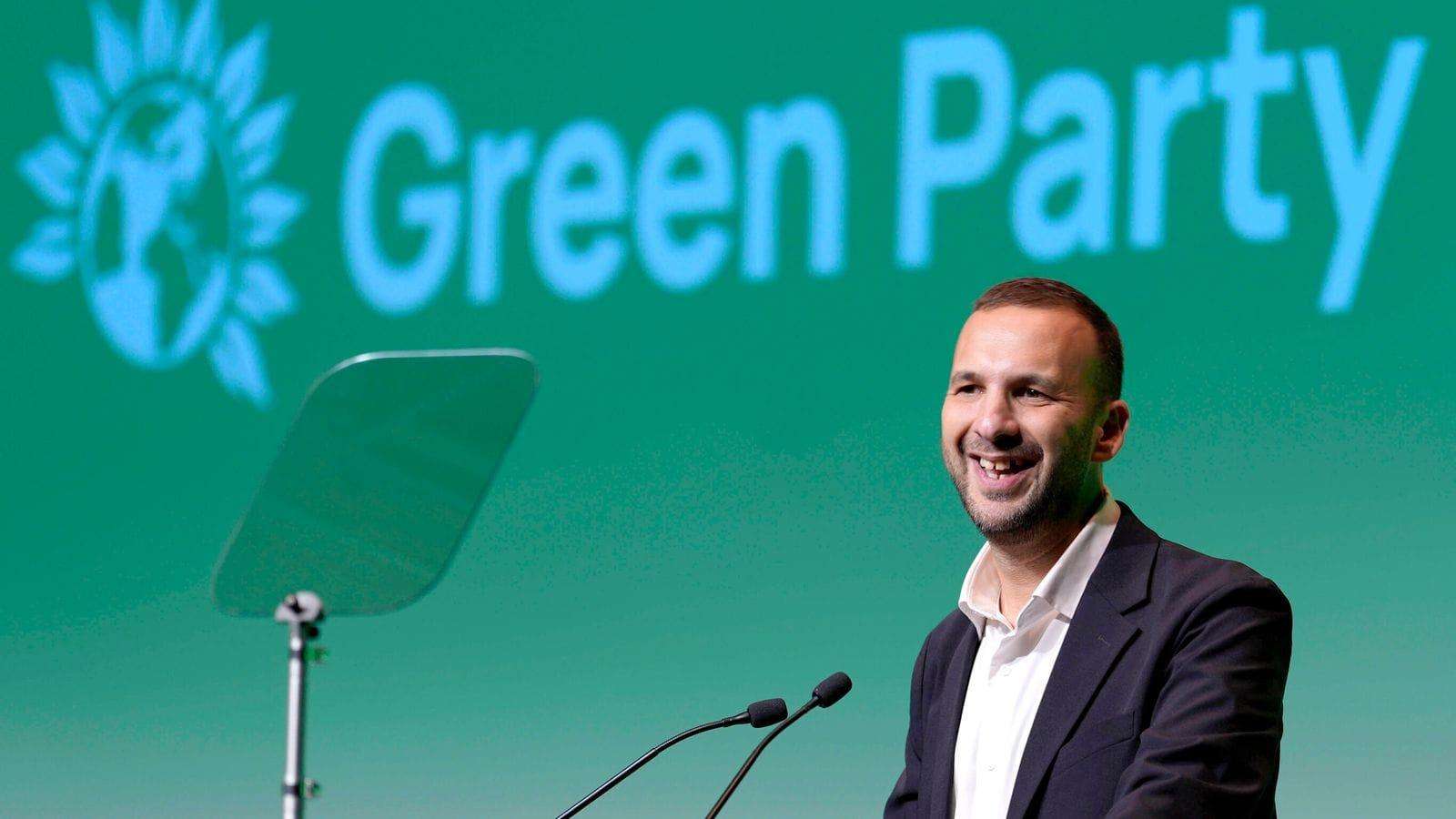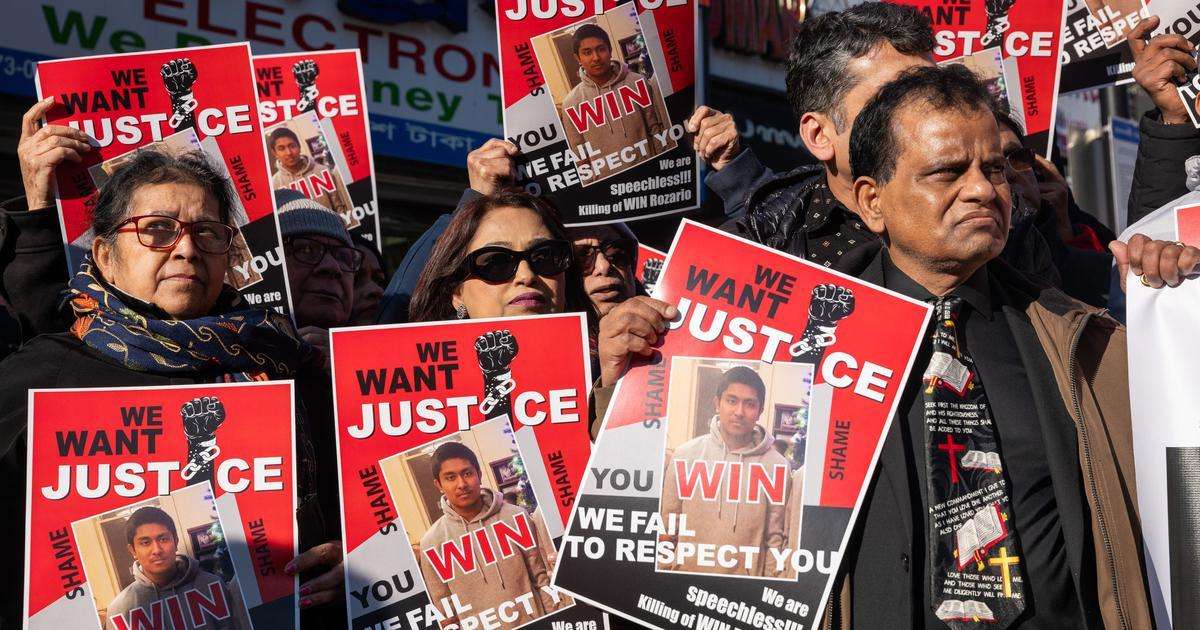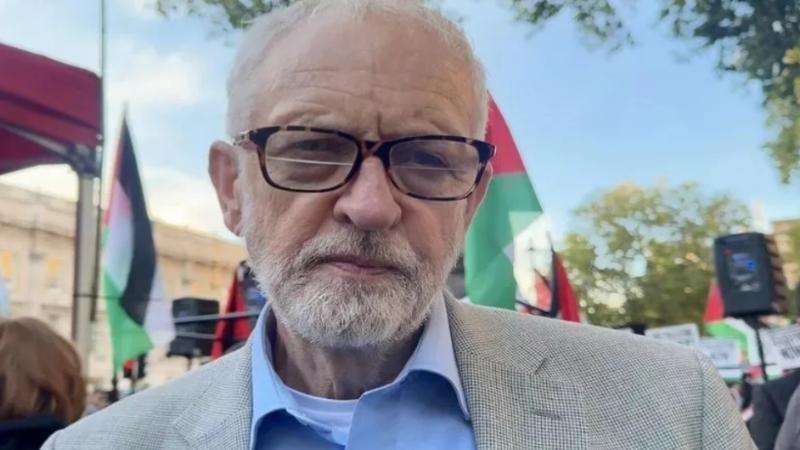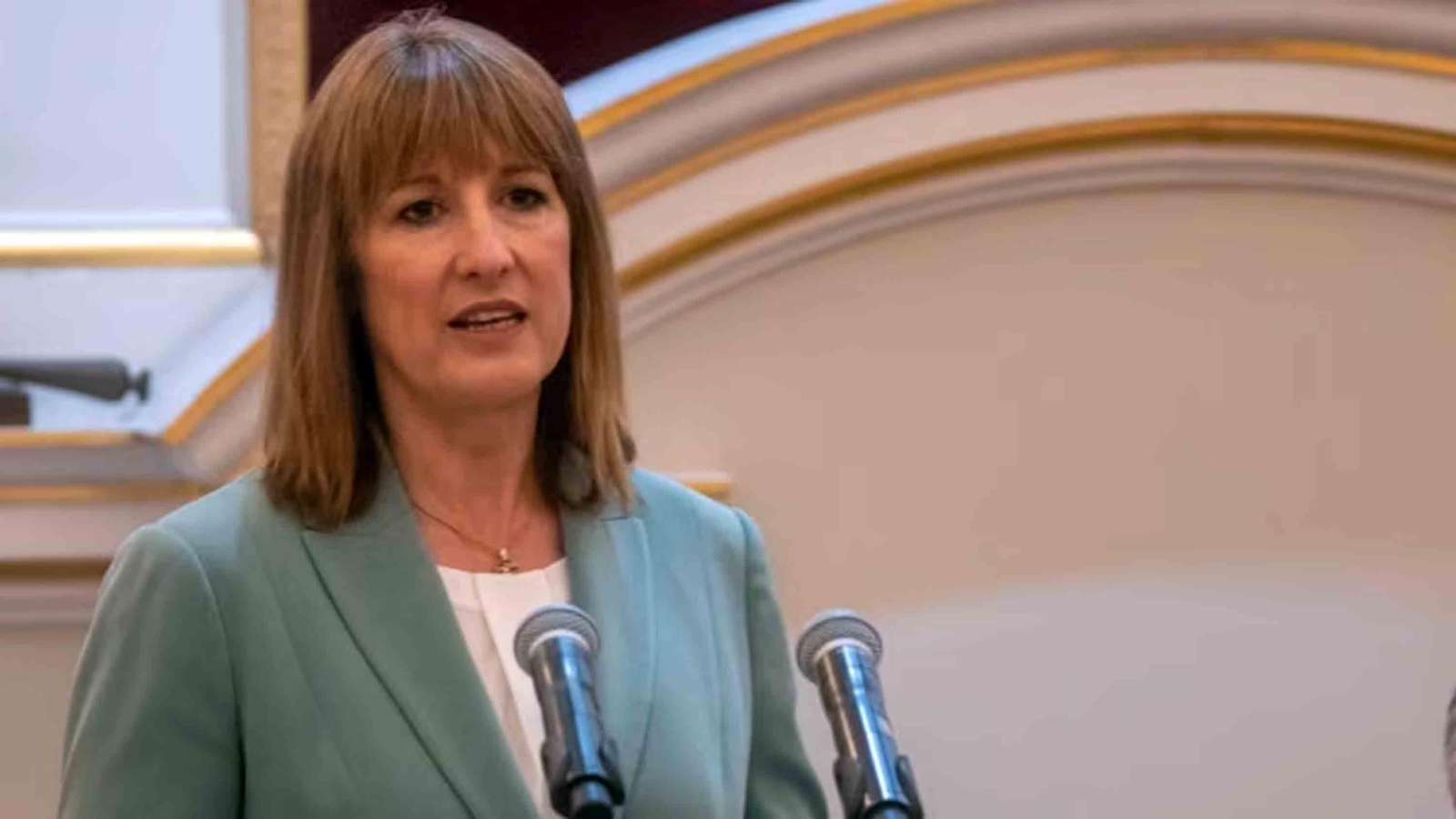Corbyn's New Left-Wing Party Emerges, but Can It Overcome Internal Rifts and Public Scepticism?
The UK political landscape has been shaken by the emergence of a new left-wing party, co-founded by former Labour leader Jeremy Corbyn and MP Zarah Sultana. While the movement, currently known as "Your Party," claims to have garnered significant support, it is already facing a barrage of challenges, from internal divisions to outright dismissal from the Labour government.
The Chancellor, Rachel Reeves, has launched a scathing personal attack on Mr. Corbyn, predicting that the public will reject his new party just as they did his leadership of the Labour Party. Speaking at the Edinburgh Fringe Festival, Ms. Reeves told an audience that Mr. Corbyn had "tried to destroy my party" and that his two general election defeats were a clear verdict from the country. Dismissing the new party's potential to become a "Reform of the left," she remarked, "The bloke’s got a big ego. He can have another go but I think the country will have the same verdict."
This sentiment is echoed by Labour loyalists who view the new party as a distraction that could harm the left-wing vote. Ms. Reeves also cast doubt on the claim that over 500,000 people had signed up to the movement in its first week, revealing that her sister, a Labour MP, had received an email suggesting she had joined, a claim she believes is false.
Despite the criticism, the new party has struck a nerve among some voters who feel alienated by what they perceive as Labour's centrist drift. It is positioning itself as a radical alternative, promising "unapologetically socialist" policies such as democratic public ownership of key industries, universal free childcare, and rent controls. Crucially, the party is also making a strong appeal to pro-Palestine groups, with a stated commitment to a "free and independent Palestine" and an opposition to all British arms sales to Israel. Both Corbyn and Sultana have been prominent figures in the pro-Palestine movement, and this stance is a key part of their political platform.
Most of the major British media outlets are trying to focus the public's attention on what they see as the party's central weakness: a "battle over leadership" and a wider debate behind closed doors about its future direction. While Mr. Corbyn, 76, is the initial figurehead, sources close to the party suggest he is open to a leadership contest, possibly at an inaugural conference in the autumn, to honour his commitment to grassroots democracy. This has led to speculation about Zarah Sultana's future role, with some suggesting she could emerge as a co-leader or even a standalone leader in a future contest. The confusion over the party's name and its launch schedule has also been noted by political commentators, who see it as a sign of an unorganized start.
For many of his supporters, the stakes are incredibly high. They believe that if Corbyn makes a mistake in choosing the right leadership and giving the right people a place, the party will have to pay the ultimate price. The opinion is widely held that if Corbyn's initiative fails for any reason, the dream of millions of people for a genuine left-wing political rise in Britain and Europe will die.
The main challenge for Corbyn's new party is its ability to translate online support into tangible votes. While it claims to have hundreds of thousands of sign-ups, it remains to be seen if these will convert into a formal membership or, more importantly, votes at a general election. A YouGov poll conducted before the party's official announcement found that 18% of Britons would consider voting for a Corbyn-led party, with the greatest willingness among Green Party voters (58%) and young people aged 18-24 (36%). This indicates a potential struggle to build a nationwide movement beyond specific demographics.
While there is little specific polling data on the new party's support among different ethnic communities, Jeremy Corbyn's long-standing support for the Palestinian cause and his past criticism of the UK's foreign policy has resonated with some parts of the Muslim, South Asian, and specifically British Pakistani and British Bangladeshi communities. These groups have historically been a key part of the Labour voting base, and any significant shift in their support could have a major impact on future elections, particularly in areas with large Muslim populations. The new party's explicit pro-Palestine stance is likely to be a significant draw for these communities, offering a distinct alternative to what some see as Labour's more moderate position on the issue.
In conclusion, Jeremy Corbyn's new party, while generating significant initial interest, faces an uphill battle. It must overcome internal rifts, turn online interest into a coherent political force, and convince a sceptical public that it is a viable alternative, not just a protest movement. Its success, particularly in gaining traction with key demographics and pro-Palestine groups, will be a key factor to watch in the coming months.




_4.jpg)



.svg)


